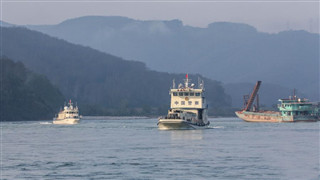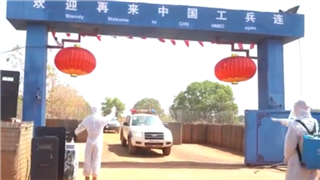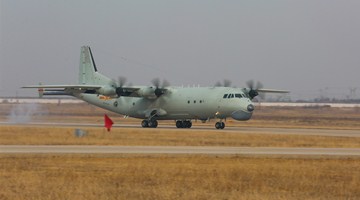Living in an extremely harsh environment at high altitude is one of the primary causes of poverty in the Tibet autonomous region. To solve it, the region has relocated people to more favorable places over the years.
For residents of Bupal village, it paid off.
Bupal is located in steep, treacherous terrain in Tsawarong township in Tibet's Zayul county. Bordering Yunan province, the township is remote and lacks farmland — typical of such poor villages before 2015. Relocating residents changed everything for the better.
The people of Bupal had lived on steep mountain slopes. Their shared problems included difficult transportation, unsafe drinking water and poor housing.
With an investment more than 70 million yuan ($11 million), more than 400 families and single residents of Bupal and five other communities of Tsawarong were relocated to Rongmad in Zayul county in 2015, wherre the average altitude is 1,600 meters, far lower than Tibet's average of 4,000 meters. There's a subtropical monsoon climate and enough rainfall throughout the year to make the area suitable for farming.
Resettled residents were provided with new houses, safe drinking water and other basic infrastructure facilities, including schools, clinics and libraries. And don't forget the sports equipment.
Adi, a resident of Bupal, said that before relocating, his family lived on the shoulder of a big mountain, where transportation was so inconvenient that it took him two days riding a horse or walking from his village to the center of town about 20 kilometers distant. Meager farming was the only source of income for his family.
"It took me two hours walking from my home to the unirrigated field, where crop cultivation was performed using mules and horses. People had to carry things on their backs," Adi said.
"There was no hospital in our village before 2015, and we had to walk or ride a horse to the township for medical needs. Now we have a clinic in the village with two medics working here every day," he said.
"In the past, the school was so far that the dropout rate was high. Many people were reluctant to go to school, but now going to school is much more convenient."
Resettled residents manage a cooperative fruit farm and receive border subsidies.
Before 2015, Adi's annual income in Adi was less than 10,000 yuan. By 2019, that had increased to about 40,000 yuan. His income exceeded 50,000 yuan last year.











